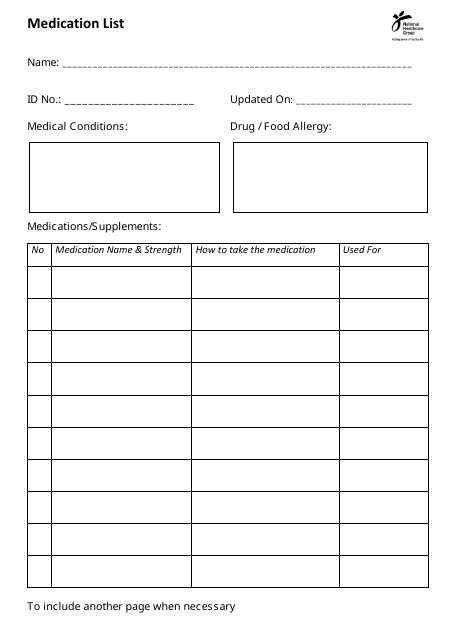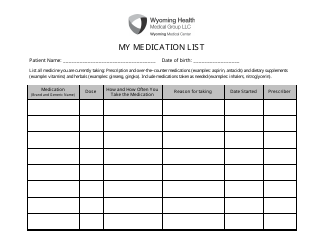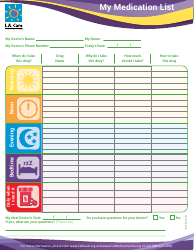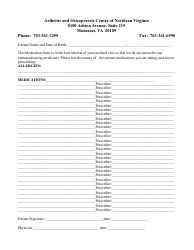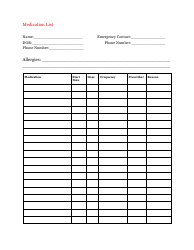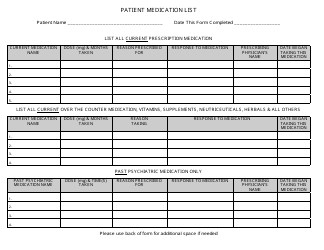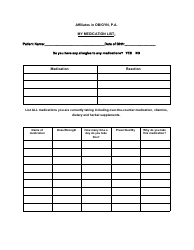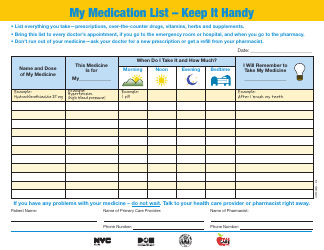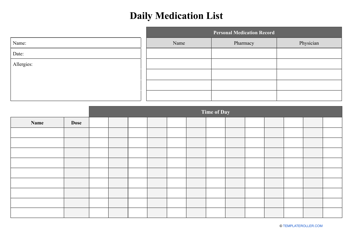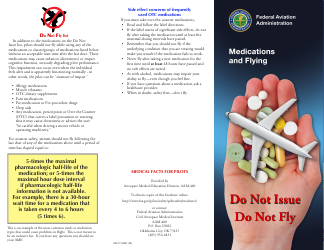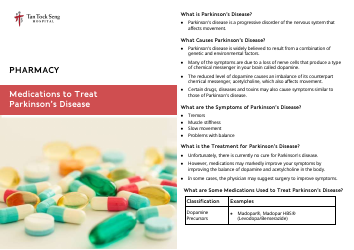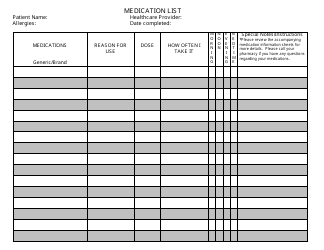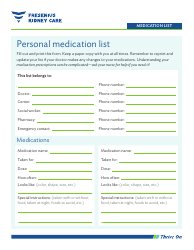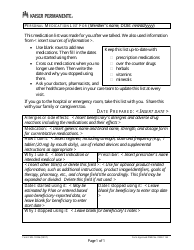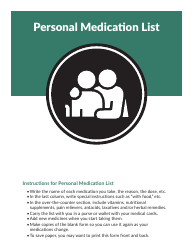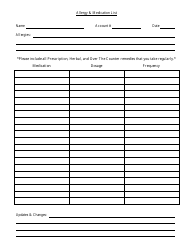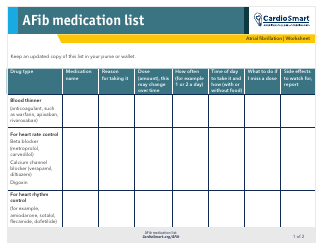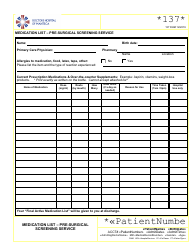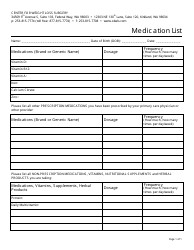Medication List - National Healthcare Group
The Medication List from the National Healthcare Group is primarily used to keep track of a patient's medication history. It's a comprehensive document that lists all the medications a patient is currently taking or has taken in the past. The purpose of this list is to help healthcare providers in delivering safe and appropriate care. It minimizes the potential risks related to medication errors, interactions, duplications, and omissions. By having this information readily available, doctors and pharmacists can make well-informed decisions about a patient's treatment plan, avoid prescribing conflicting medications, and ensure that the patient is receiving the most effective and safest treatment. This is especially important for patients with complex medical conditions, or who are seeing multiple healthcare providers.
The medication list is typically filed and maintained by the healthcare providers within the National Healthcare Group. This could include doctors, nurses, or other medical professionals who are involved in the treatment and care of a patient. The purpose of the medication list is to keep track of all the medications a patient is prescribed, including dosage information, to ensure safety and prevent potential drug interactions. The patient also plays an important role in updating this list, as they should report any changes in their medication regimen to their healthcare providers.
FAQ
Q: What is the National Healthcare Group?
A: The National Healthcare Group is a Singapore-based institution that coordinates healthcare services in the public sector.
Q: Does the National Healthcare Group have a medication list?
A: Yes, the National Healthcare Group provides a medication list to enhance and promote appropriate drug prescription and patient safety.
Q: What is the purpose of a medication list?
A: A medication list is a comprehensive record of all the medication a patient is currently taking. It helps healthcare providers coordinate a patient’s care, particularly if the patient is receiving care from multiple service providers.
Q: Who should maintain a medication list?
A: Both doctors and patients should maintain a medication list. Doctors should record all current and past prescriptions, while patients should update the list when new medications are prescribed, finished, or changed.
Q: Why is it important to keep a medication list?
A: Keeping a medication list reduces the risk of drug repetition, interactions, and allergies. It also ensures that all healthcare providers have accurate and up-to-date information about a patient's medical history.
Q: Can a medication list include over-the-counter drugs?
A: Yes, a medication list should include all drugs being taken by the patient, including prescription medications, over-the-counter drugs, and herbal supplements.
Q: Does a medication list need to include drug allergies?
A: Yes, a comprehensive medication list should include any known drug allergies or adverse reactions to prevent potential health risks.
Q: What kind of information should be on a medication list?
A: A medication list should include the name of each drug, the dosage, the frequency at which it's taken, the time of day it's taken, and the reason it's being prescribed.
